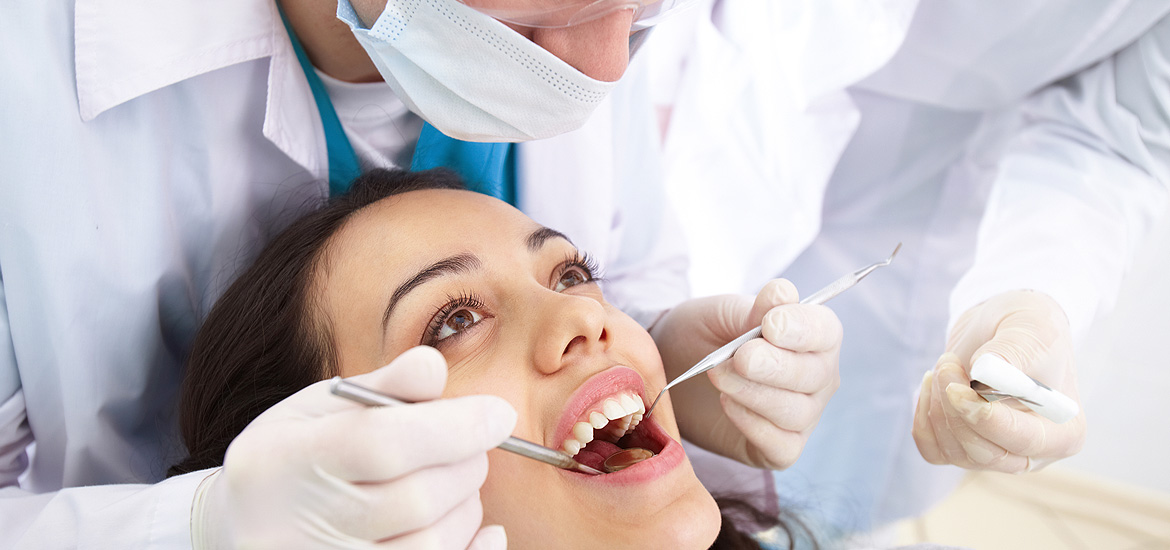TMJ/TMD Treatment
Temporomandibular Joint Disorders(TMD, TMJ), Sleep Apnea and Snoring
Temporomandibular joint is a hinge that connects your jaw to the temporal bones of your skull, which are in front of each ear. It lets you move your jaw up and down and side to side, so you can talk, chew, and yawn.
Problems with your jaw and the muscles in your face that control it are known as temporomandibular disorders (TMD). But you may hear it wrongly called TMJ, after the joint.
What Are the Symptoms?
TMD often causes severe pain and discomfort. It can be temporary or last many years. It might affect one or both sides of your face. More women than men have it, and it’s most common among people between the ages of 20 and 40.
Common symptoms include:
- Pain or tenderness in your face, jaw joint area, neck and shoulders, and in or around the ear when you chew, speak, or open your mouth wide
- Problems when you try to open your mouth wide
- Jaws that get "stuck" or "lock" in the open- or closed-mouth position
- Clicking, popping, or grating sounds in the jaw joint when you open or close your mouth or chew. This may or may not be painful.
- A tired feeling in your face.
- Trouble chewing or a sudden uncomfortable bite -- as if the upper and lower teeth are not fitting together properly
- Swelling on the side of your face.
You may also have toothaches, headaches, neck aches, dizziness, earaches, hearing problems, upper shoulder pain, and ringing in the ears (tinnitus).
Deciding on the Right Treatment.
Some of the treatment options after peoper diagnose include:
- Proper food recommendations.
- Physical theraphy.
- Medicine.
- Splint.
- Surgery.
- Transcutaneous electrical nerve stimulation (TENS).
- Ultrasound, Trigger-point injections, Acupuncture.
Sleep Apnea and Snoring.
There is a connection between TMJ disorders and sleep disorders. Over 90 million Americans have snoring problems, most are adults over the age of 40. If this develops into obstructive sleep apnea, a wide range of problems from sleep disturbance to more serious health issues can result. Sleep Apnea is instigated when the soft tissue in the back of your throat relaxes while you sleep, causing interruptions in breathing. These interruptions usually last between 10 to 20 seconds each and can occur up to hundreds of times a night.
Common symptoms:
- Loud, chronic snoring and long pauses in breath.
- TMJ soreness upon awakening.
- Choking or gasping while sleeping.
- Feeling tired and sleepy thoughout the day.
- Waking up with headache, dry mouth or sore throat.
- Forgetfulness, irritability or depression.




